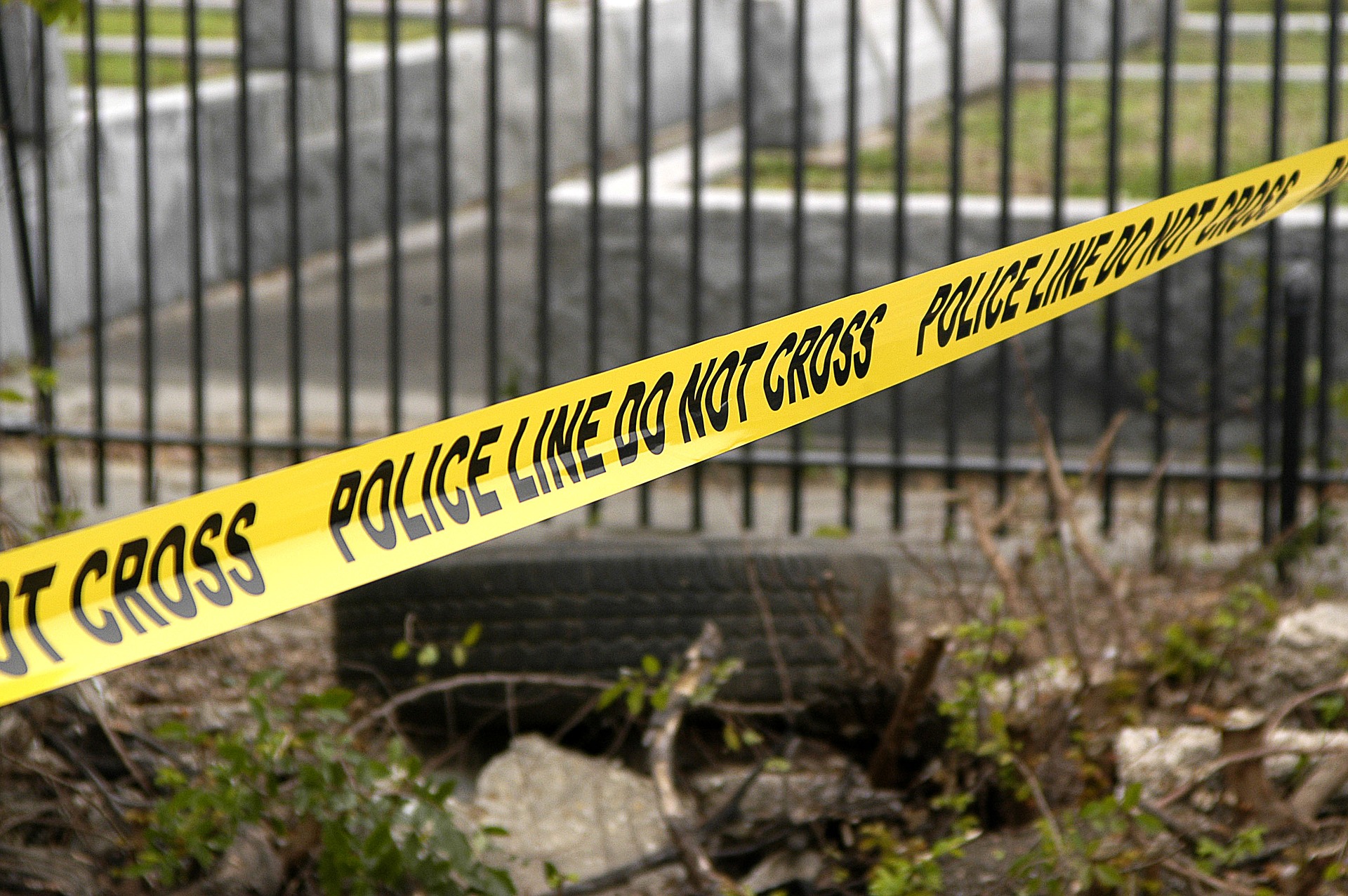On the 27th of August of this year, American Anne Sacoolas is alleged to have hit and killed 19 year old Harry Dunn after driving on the wrong side of the road in Northamptonshire. However, and despite the existence of CCTV footage believed to capture the incident, Anne was instead spirited away back to the US in a private Air Force plane in a turn of events reminiscent of a Hollywood spy movie.
The Crown Prosecution Service (CPS) has still not laid any formal charges against Mrs Sacoolas. Why? Supposed (and now disputed) diplomatic immunity stemming from her husband, an American intelligence official that worked at the local US communications base. She currently remains in the US, a fugitive from British justice, watched over and fiercely guarded by the mighty American government. Much like an overzealous parent obsessively protecting their grossly misbehaving child from punishment, to this day Trump continues to flex his bullying political muscle and unequivocally refuse her extradition to face any possible charges and trial in the UK.

Recent history shows numerous examples where a diplomat or their family members have been accused of committing a heinous crime yet have “got away scot-free.” Diplomatic immunity is a powerful device that has been used as a get-out-of-jail-free card for a variety of crimes ranging from petty theft to outright murder. It is a tool which, wielded by unscrupulous officials, can be used to create lawlessness amongst diplomats who conduct themselves as they see fit, all the while haughtily staring down their nose at the mere mortals who find themselves weighed down by the crushing weight of national laws. There are some ethically dubious individuals, of course, to whom this type of freedom would be enticing. Should this apply to you, here are a number of helpful steps to get you started on your path to the immoral high ground:
1) Carefully choose the country in which to commit your crime. Ideally, you want a country that has less political/economic clout than yours. If you come from the US this should be relatively easy but if you are from a small developing country you might want to rethink your scheme for nefariousness at this point. Getting your government to waive diplomatic immunity (in order for you to be put on trial in the receiving country) is a political game of who has the most leverage. The US for example, which is now steadfastly refusing to extradite Anne Sacoolas, in 1997 successfully negotiated the waiving of a Georgian diplomat’s diplomatic immunity after he killed a teenager in a drink driving accident in Maryland, allowing him to be prosecuted and jailed in the US.
2) Gain diplomatic immunity. Fear not, it’s often not necessary to be a traditional diplomat. If you aren’t lucky enough to be the child of one or marry one, you can still be appointed to a dubious “diplomat” post. Just last year, former tennis champion Boris Becker claimed diplomatic immunity to avoid bankruptcy proceedings in the UK. Clearly being bankrupt would have had a detrimental effect on his vital work as the Central African Union’s sporting, cultural and humanitarian attache to the European Union. (He later mysteriously dropped his claim.)
3) Commit your crime. Diplomats and their families’ crimes have varied hugely, from the savage attack on a 15 year old boy in Portugal in 2016 alleged to have been committed by the twin sons of the Iraqi ambassador (the boy was left in a coma and the twins were never prosecuted in Portugal) to the racking up of a huge amount of congestion charges in London. Boris Johnson revealed that in 2015 unpaid congestion charges owed by diplomats had reached nearly 100 million pounds since the scheme had begun in 2003.

4) Make your escape. This could be as sneaky and underhanded as Anne Sacoolas’ dash from justice (in violation of the Vienna Convention for Diplomatic Immunity, which states that an individual with immunity must advise the receiving country before they intend to leave) or as barefaced as the Libyans in 1984. Whilst outside the Libyan embassy controlling protesters, 25 year old police officer Yvonne Fletcher was shot dead by gunfire originating from the building. A 10-day standoff ensued with the police laying siege. Eventually all 30 officials inside were deported, but the man arrested 33 years later on suspicion of her murder was, however, believed to still be living in the UK.
Anne Sacoolas’ fifth step is still yet to be determined. Nonetheless, as the media begins to move on from Harry Dunn’s family’s cries for justice, it is almost certain to be limited to tear-choked declarations of devastation, trembling hands clutching at a soaking monogrammed handkerchief from the comfort of her plush armchair in Washington, USA.
Image: Pixabay

